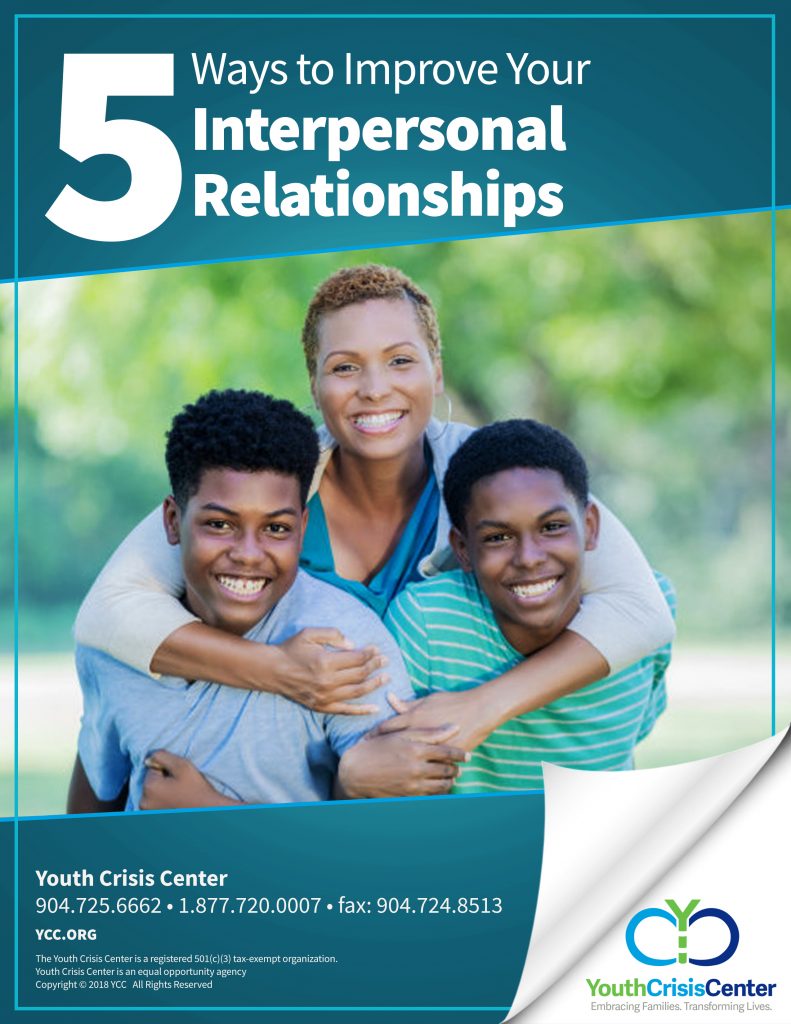A Teenager Acting Out
Senora Reynolds has a loud, bustling and energetic home with seven children. They range in age from toddlers to teenagers. The older kids help out, the smaller ones have their chores, and everyone has a role to get work done in this big, busy family. However, as Senora’s daughter, Senora Lee, turned 13, she started developing what Senora calls the “middle child syndrome”, which made for a challenging combination. “Over the summer of 2018, when my daughter turned into a teenager, she started acting out,” said Senora. “She was a borderline runaway; she was becoming defiant and didn’t want to come home.”
The Real Dangers for Runaways
Senora was terrified at the thought of her daughter running away and the dangers Senora Lee would face if she ended up on the streets or homeless. In a 2013 study, The Institute of Medicine stated that homelessness is the largest risk factor for the Commercial Sexual Exploitation of Children (CSEC) and sex trafficking of minors. Additionally, 48 percent of runaway and homeless youth who engaged in a commercial sex activity said they did it because they didn’t have a safe place to stay. During the course of one year, between 1.6-2.8 million youth run away from home.
YCC Provided a Time Out to Cool Off
Fearful that her daughter’s defiance would end up putting her in danger, Senora knew she had to put a stop to Senora Lee’s behavior. One night, when Senora Lee had come home late, they had a heated argument that ended in Senora calling the police. “They took her to the Youth Crisis Center, which was a good thing,” said Senora. “It gave us both time to cool off and make some decisions about how to handle the situation.” During her stay, Senora Lee received residential therapy, followed by outpatient therapy after she returned home. Her time at YCC let her know that no matter how bad she felt her situation was at home, she had a safe place to go for support. Senora says that helped her daughter put her situation in perspective and realize that an over-protective mom was better than a mom who wasn’t involved in her life at all.
Civil Citation Program
Senora says she is also grateful that the police took her daughter to YCC instead of a lock-down juvenile detention facility. YCC participates in the state’s Civil Citation program, which allows juveniles to stay at YCC and receive therapy services, instead of a having a criminal record.
Keeping the Lines of Communication Open
As a result of the services her daughter received, Senora has decided to utilize the outpatient therapy services YCC offers for families. She credits the therapists for making her feel comfortable about taking the entire family for therapy because they kept the lines of communication open even after Senora Lee returned home. Senora admitted a seven-child family can be stressful at times, so developing problem-solving skills and coping tools would be to the benefit of everyone. Senora Lee is about to turn 14, and her mom says things are a lot better because the family knows they have YCC to turn to if things get too tough to handle on their own.
Are you concerned about relationship issues with your child or between family members? The Youth Crisis Center’s Outpatient Behavioral Health program provides comprehensive mental health and psychiatric care to children as young as 3, as well as their families. Parents may receive individual and family counseling services regardless if their child is a YCC client. Click to learn more about 5 Ways to Improve Your Interpersonal Relationships.



Some genuinely nice stuff on this site, I enjoy it.
I just could not go away your web site before suggesting that I really loved the usual information an individual provide for your guests?
Is going to be again frequently to investigate cross-check new posts